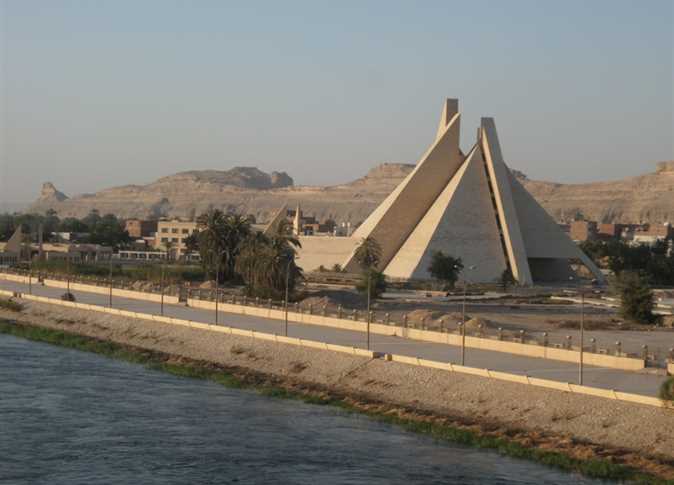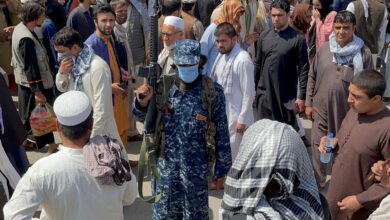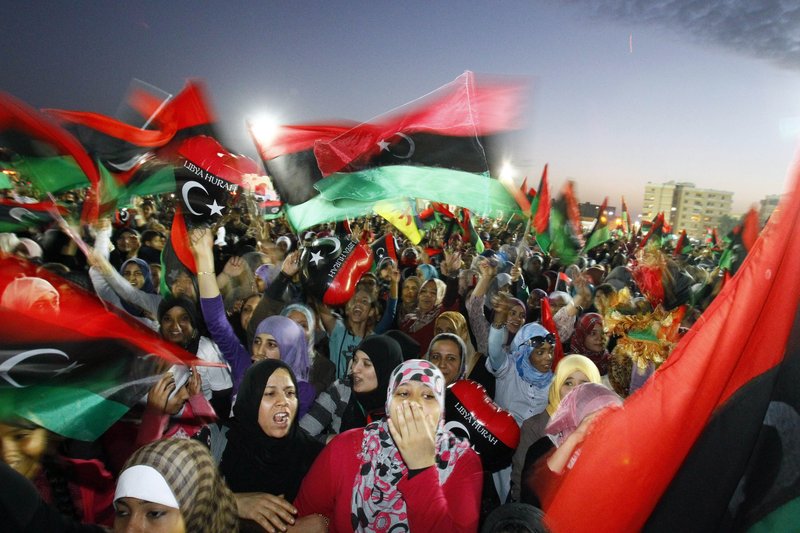London–Unnerving as it is, the tide of political change sweeping the Arab world may also end up drawing in a fresh wave of foreign capital for the region.
As entrenched monopolies and patronage give way in the Middle East and North Africa, governments in the region could open their markets further and divest some state assets.
Wealthy Gulf states such Kuwait and Qatar have little cause to sell, but post-revolutionary states such as Tunisia will likely lower protectionist barriers as they seek to accelerate income redistribution for their restive citizenry.
The triumph of free market-oriented democracy is far from certain however. After decades of autocratic rule, political parties are only just reforming in Egypt and Tunisia while an uprising in Libya is proving bloody and protracted.
But greater access to markets in an oil-rich region with a youthful population is a tantalizing prospect for investors.
"It's too early to work out how these revolutions will pan out. But this crisis is going to reveal some opportunities as structures linked to old regimes will be unwound," said Julian Mayo, investment director at Charlemagne Capital.
Large-scale privatization will be off the agenda, with the oil and gas sector especially taboo. Instead, sectors such as financial services, telecoms and tourism could be liberalized.
"Foreign investment has been high in the region but what was lacking was conviction that change was happening fast enough. Market liquidity was low as stocks were tightly held," said Luca de Conte, Director Capital Markets at GMP Europe.
Cashing in on state-held equity in publicly traded companies is an obvious way to boost foreign investment.
Thomson Reuters Ownership data show regional governments holding stakes worth US$320 billion in publicly traded firms, either directly or through rulers and sovereign funds.
The figures exclude Tunisia, where many companies were privately held by the extended family of former President Zine al-Abidine Ben Ali.
UNTANGLING TIES
Tunisia's interim government have said these assets, which include firms in key sectors such as mining and tourism, will be recovered.
Many are likely by disposed through direct sales or stock market listings, said Tunis-based broker Issam Ayari.
"The government isn't keen on nationalization. Transparency will be important as well as gaining technical expertise."
To tackle unemployment, the next government will also want to redouble efforts to attract foreign investment, which contributed to a mere 6 percent of Tunisia's gross domestic product in 2008 before the onset of the financial crisis.
Foreign investors in the region have had a mixed reception.
High profile successes include Toronto-based PotashCorp's (POT.TO) 2003 purchase of a 28-percent stake in Arab Potash Co APOT.AM, which is still majority owned by the Jordanian ruler.
On the other extreme end is Algeria, where the economy remains dominated by the state. A local mobile phone unit is being nationalized after a tax dispute between its Egyptian owner Orascom Telecom (ORTE.CA) and the government.
Egypt has been one of North Africa's more open economies.
But even there, it remains to be seen if the army–the only pillar of the establishment to survive the popular revolt against President Hosni Mubarak–will willingly relinquish control of a swathe of businesses that range from olive-oil production to vehicle manufacturing.
"Prospects of these firms being privatized are very low as they are huge money-makers for the military," notes Byran Plamondon, senior MENA economist at IHS Global Insight.
LIBYAN PROMISE
For incoming leaders, maintaining social cohesion while attracting foreign investment will be a careful balancing act.
State-owned Tunisie Telecom last month cancelled plans for a joint listing on the Paris and Tunis stock exchanges amid the threat of industrial action by the company's workers.
"State-owned companies are an important source of employment. Privatizations and other economic reforms often involve laying off people," said Okan Akin, an RBS strategist.
Ironically, Libya–scene of the most violent of the regional upheavals so far–is also seen as the most promising.
Until recent disruptions, it was the world's 12th largest oil exporter. Analysts say its economy could take off if stability returns without substantial damage to the oil and gas infrastructure that generates the bulk of national revenues.
"The economy is not as advanced as the rest of North Africa, so from an investment standpoint, it could be the most attractive due to the low-base effect," said David Damiba, who heads Renaissance Asset Management's Africa investment team.
Libya attracted strong investor interest when decades of Western sanctions were lifted in 2004.
France's BNP Paribas (BNPP.PA) took a minority stake in a local bank when banking rules were eased and investors still see potential in the banking and insurance sector.
"When you have an economy moving from socialist dictatorship to full-fledged free market, the spider in the web of that transformation will be the banks," said Bjorn Englund, who runs an investment fund focused on Iraq.




